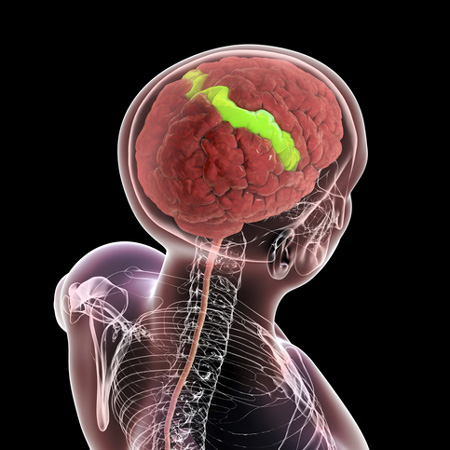Department of Neuroscience
Researchers in the Department of Neuroscience are using the power of genetics, molecular biology, circuit analysis, and biophysics to understand brain function. Building on UT Southwestern’s basic science tradition, the department aims to make fundamental discoveries in neuroscience.
Faculty conduct basic science research ultimately to understand brain function and to treat brain disorders, from neurodevelopmental disorders to Alzheimer’s disease to addiction.
Areas of Expertise
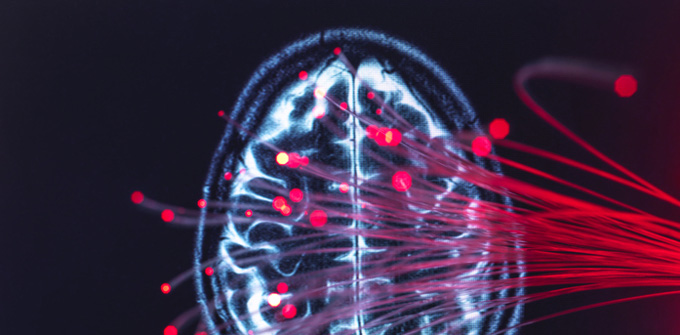
Cellular and Molecular Neuroscience, Functional genomics
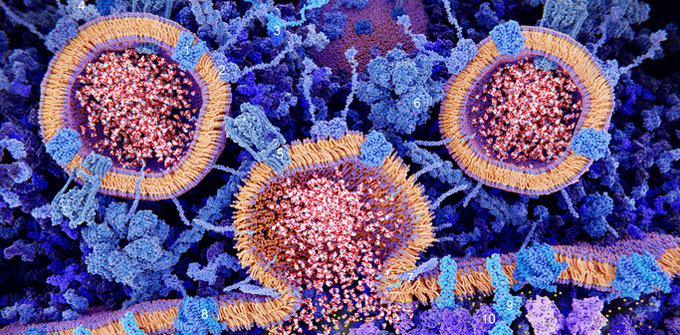
Mechanisms of Ion Channel Function at the Atomic and Biophysical Level
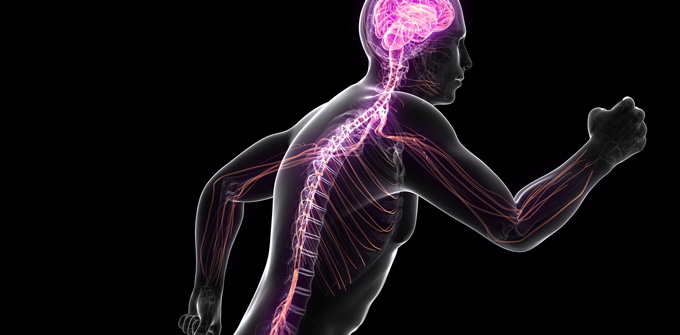
Regulation of Gene Expression in the Brain and Spinal Cord
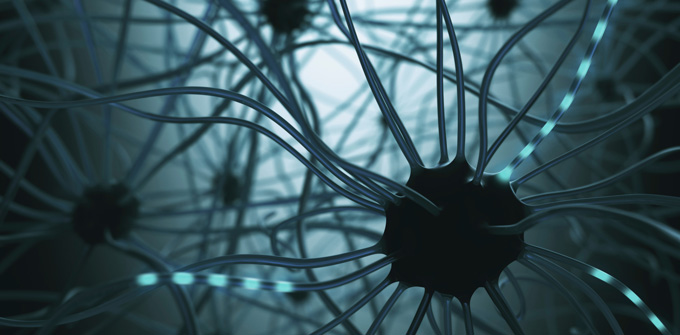
Neuronal Development, Differentiation and Diversity
Additional areas of expertise include:
- Genetic basis of cellular stress responses
- Cell biology of neural circuit formation and signaling mechanisms
- Neural circuit development and synaptic plasticity
- Learning and memory, consolidation and recall of memory, memory persistence
- Molecular mechanisms of circadian clocks and sleep
- Molecular and cellular mechanisms of pain
- Biochemical and neuronal mechanisms mediating olfactory behavior
- Molecular and genetic processes underlying intellectual disabilities such as Autism spectrum disorders
- The molecular and cellular basis of Alzheimer’s and related diseases
- Molecular mechanisms of neurodegeneration
Training Highlights

UT Southwestern’s neuroscience graduate program is fundamental to the operation of the Department of Neuroscience and the O’Donnell Brain Institute.
- The Working Group on Diversity and Equity works to advance and sustain an inclusive, more diverse department, including among Ph.D. students.
- The Advanced Postdoc Training Program in Neuroscience offers specific training in the field through monthly informational meetings. Topics include career options, considerations of starting a lab, and interviewing.






